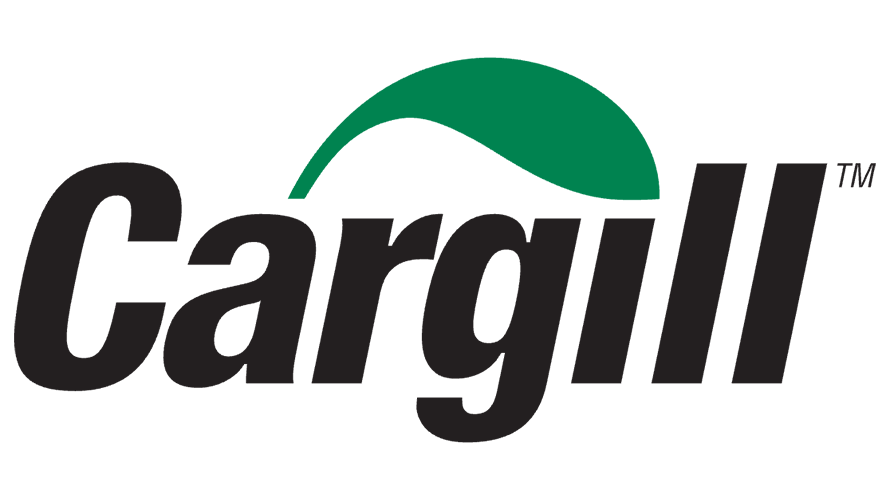Insights
Business Insights, Trends and Perspectives from J.P. Morgan.
Business Insights, Trends and Perspectives from J.P. Morgan.
Markets and Economy
Jan 07, 2026
Sentiment shifts from uncertainty to proactive planning
Learn more
Markets and Economy
Jan 07, 2025
Middle market leaders report strongest optimism levels since 2019, as recession concerns fade and growth outlooks improve.
Read more
23:17 - Banking
Jan 06, 2026
Listen now

Dec 15, 2025
Learn how the global agricultural leader is supporting financial stability for farmers with real-time payments.
Read more
Banking
Oct 01, 2025
The firm’s Private Bank and Corporate & Investment Bank came together to advise on the record-breaking deal.
Read more
Real Estate
Jan 05, 2026
Big Car Collaborative turned vacant Indianapolis manufacturing buildings into an arts hub that builds community through creativity.
Read moreNewsletters
Hide
Newsletters
Hide
All insights
No results found
Adjust your filter selections to find what you’re looking for